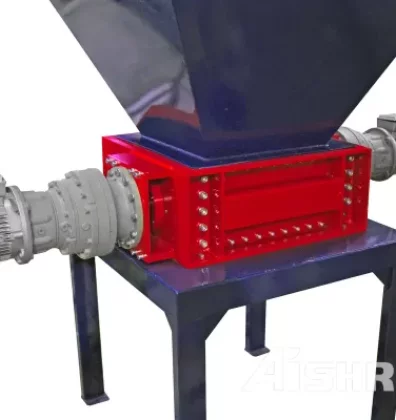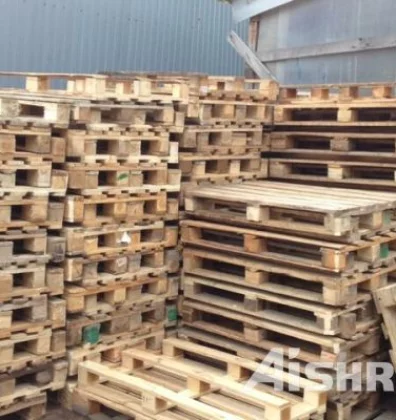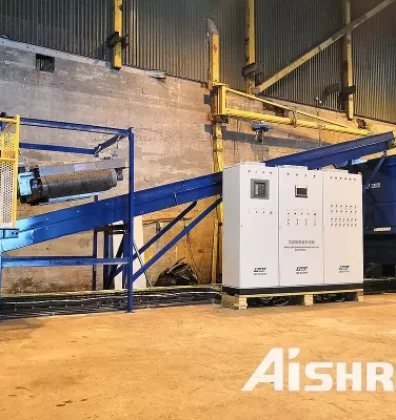Abandoned refrigerators take up space and pollute the environment. After shredding them, plastics, ferrous metals, and non-ferrous metals are separated. The materials can be sold to recyclers for profit. In some places, you can also get subsidies from the government.
How Refrigerator Shredding Creates Value
- Liberate Space & Neutralize Pollution: Powerful shredders rapidly break down bulky units, freeing up storage or landfill space. Crucially, the shredding process within a controlled system allows for the safe capture and treatment of hazardous pollutants, mitigating environmental damage and ensuring regulatory compliance.
- Enable Material Recovery: The shredded output isn't just waste; it's valuable raw material. Advanced shredding prepares the material for efficient downstream separation. Key recoverable resources include:
- Ferrous Metals (Steel): High-purity steel fragments ready for smelters.
- Non-Ferrous Metals (Copper, Aluminum): Cleanly separated copper wiring, aluminum components.
- Plastics: Various plastic types (ABS, PS, PP) from casings and interiors.
- Generate Direct Revenue: These separated, high-purity materials are commodities. They can be sold directly to recyclers and processors, creating a tangible revenue stream from what was previously a cost center (disposal fees).
- Access Government Incentives: Recognizing the environmental and resource benefits, many governments offer subsidies or financial incentives for responsible e-waste recycling. Utilizing a professional refrigerator shredding system often makes your operation eligible for these programs, significantly boosting your overall return on investment (ROI).
Stop letting discarded refrigerators be a liability. Transform them into a profitable, compliant recycling operation with our professional shredding and separation technology.
Learn details of GEP ECOTECH's Refrigerator Recycling Plant




